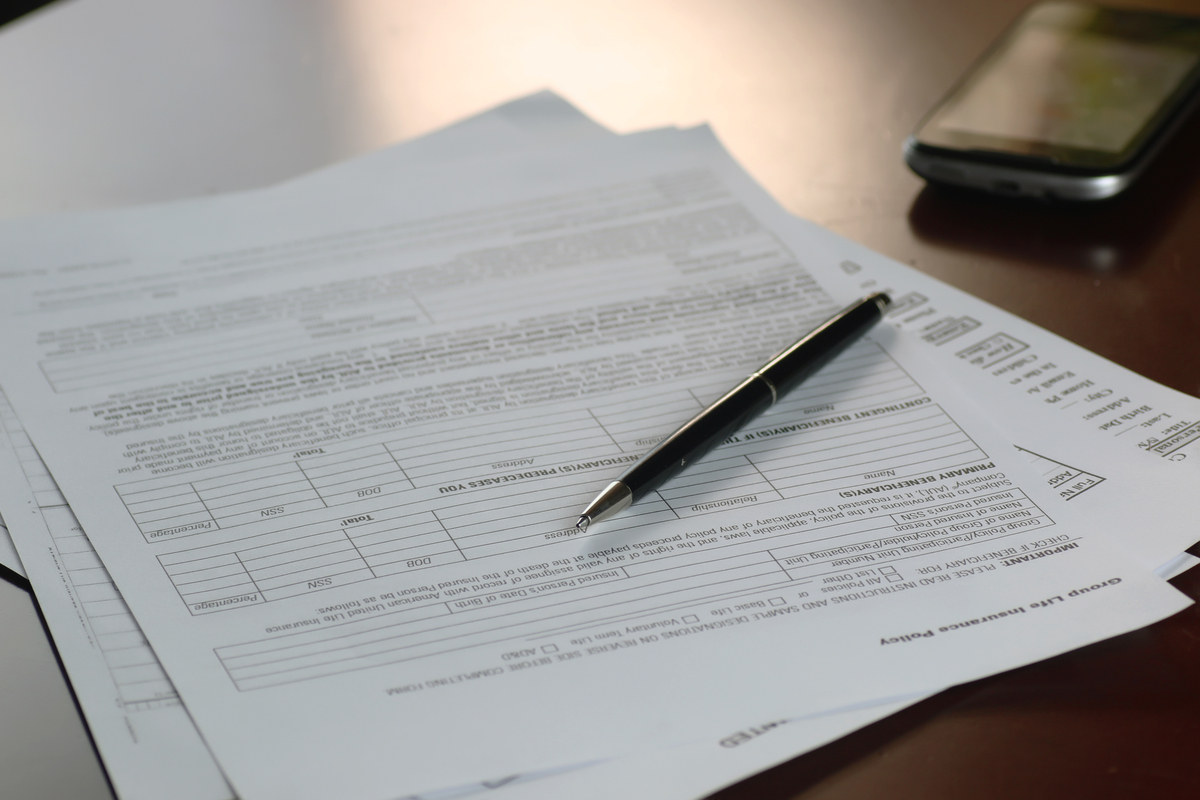What is the Purpose of Escrow in Finance?
The bigger the loan, the more safety measures the lender puts in place. Escrow is one such precaution. It helps make the process safer for everyone involved. Here’s how.
What is an Escrow?
Escrow is a term used in finance. It’s when two parties are in the final stages of completing a transaction. Escrow money is held by another party on behalf of the two people. For instance, a house can be in escrow during the life of the mortgage.
A few other things that could be held in escrow include money, securities, and funds. The third party will hold the funds until both parties have fulfilled their responsibilities. You will often hear the term used in real estate, but escrow can apply to any situation where money is being transferred from one party to another.
How It Works

When two parties are in the middle of a transaction, escrow is meant to hold the funds until the parties have completed the transaction. Escrow can be used in banking, real estate, law, internet transactions, and in many other fields and environments.
When you decide to purchase something, you have to meet certain terms and conditions. For example, you may have to pay an amount of money by a specific date, and the seller must provide the item or asset being sold. In other cases, buyers may want to inspect the property or goods they are buying before paying. Sellers might want to make sure they are getting paid.
When the transaction is a significant one, the two parties may need a middleman to coordinate the handling of finances. In this situation, the escrow provider will stand in to make sure both sides stay true to their word. They must receive the assets from each party and disperse them accordingly.
What is an Escrow Account?
During escrow, a third party may hold the assets being sold in an escrow account. It can actually be a benefit, as the account makes the buying process safer for both you and the lender. For example, a mortgage company may set up an escrow account where the borrower pays a monthly fee toward the house, as well as toward homeowners insurance, taxes, etc. Then, the mortgage company can rest assured that if the home burns down, there is insurance in place to make sure that their investment still has value.
After the product in escrow is paid for completely, the escrow account dissolves. At that time, the borrower will be fully responsible for managing and paying for any outside services that were baked into the account.
Types of Escrow
Escrow can exist in various work environments, such as the stock market, in online sales, and most notably, real estate.
Escrow and the Stock Market
Stocks are issued in escrow. This means the shareholder is the owner of the stock, but they have limited rights when it comes to selling stock. According to the Corporate Finance Institute, escrowed shares are shares that are transferred to an escrow account when “mergers and acquisitions, restructuring, or bankruptcy of a company, are ongoing.” The account is managed by an escrow agent who helps parties meet the expectations of the transaction.
Escrow and Online Sales
In online sales, escrow protects the buyer and seller from fraudulent payment. An online platform is used for online transactions -- it acts as an escrow agent for both parties. The buyers send the money to the service, and they hold it until the product is received. Once the product is delivered, an escrow provider will give the funds to the seller. Generally, online escrow isn’t used unless it’s a big-ticket item, such as jewelry.
Escrow and Real Estate
You will hear the word escrow being used in the final stages of a real estate transaction. When the house is ready to be sold to the new owner, escrow steps in and makes sure both parties meet their end of the bargain. If there are certain conditions attached to the sale of the house, such as an inspection, the buyer and seller can agree to use escrow.
Escrow can also be used during the mortgage loan closing. A part of the monthly mortgage payment is deposited into an escrow account for property tax payments and homeowners insurance. Mortgages set up in an escrow account have higher payments than those who do not, but they won’t have to worry about paying yearly payments or property tax bills. This is because they are already paying it monthly into their escrow account.
Disadvantages of Escrow

Escrow has its good points and its bad points. Escrow can provide a high level of security for large transactions, but it does come with a fee. Escrow for mortgages will help provide the borrower and lender with underpaid property taxes or homeowners insurance. On the other side, you may end up overpaying or underpaying into your escrow account, which means when it comes time to make the annual payment, there may be slight adjustments. You could end up paying a higher mortgage than if only the principal and interest were included.
Sum Up
In conclusion, escrow exists in numerous financial situations. It is essentially a financial agreement where a third party handles payments between two parties and only releases the funds when the conditions are met. The third party also holds all paperwork, money, and other assets until the transaction is made. The escrow agent is a neutral party who is not concerned with the outcome of either party. It can apply to real estate transactions, online sales, stocks, and cryptocurrency.


